
Chilean youth prepare relief kits for earthquake victims.
Humanitarian Programs
For many years, The Church has been actively involved in humanitarian relief and development activities throughout the world. These include emergency relief assistance in times of disaster and humanitarian programs that strengthen the self-reliance of individuals, families, and communities.
Humanitarian projects are funded by donations from Church members and others. One hundred percent of these donations go directly to help the poor and needy. In-kind material assistance is provided through items donated by Church members and others.
Church humanitarian efforts relieve suffering for families of all nationalities and religions and offer hope with the potential for a better life for millions of people around the world.
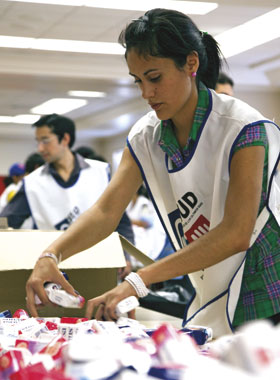
Emergency Response—The Church strives to provide immediate assistance following disasters. The Church provides food and other relief supplies as needed. In 2010 the Church provided relief to people affected by 119 disasters in 58 countries.
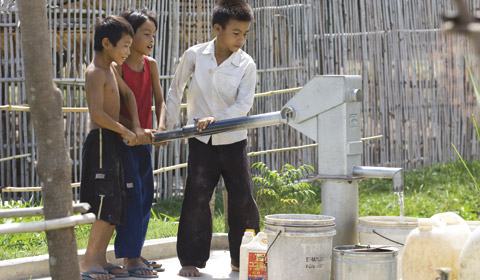
Clean Water—Access to clean water improves health and family hygiene. The World Health Organization estimates that 884 million people do not have access to clean water. The Church assists communities to establish wells and other drinking water systems to provide access to clean water. The Church also helps communities establish local water committees and provide hygiene training for families. The community donates labor and materials. Over 7.5 million people now have access to clean water because of Church efforts from 2002 through 2010.
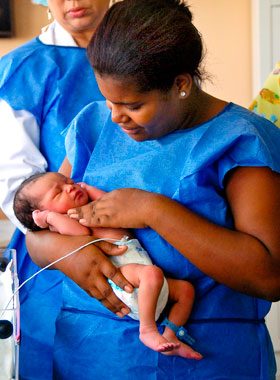
Maternal and Newborn Care —Working with national health organizations and ministries of health from countries around the world, the Church has sent volunteer physicians and nurses to instruct birth attendants on neonatal resuscitation techniques, maternal care, and essential care for babies. With such training, attendants are able to help save the lives of babies who have breathing difficulties at birth and mothers with serious post-birth medical conditions. This training will also help attendants give proper care to babies, including maintaining a baby’s normal temperature, checking for danger signs, and other life-saving practices.
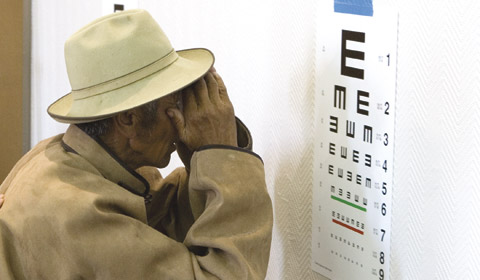
Vision Care—Over 300 million people worldwide live with low vision or blindness. By improving the quality of eye care treatment delivered by local health care organizations, blindness and visual impairment may be avoided. The Church provides training, equipment, and supplies to assist local eye care professionals and programs. Since 2003, over 550,000 people have benefited from Church vision projects throughout the world.
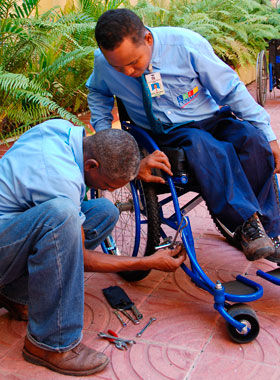
Wheelchairs—There are an estimated 20 million people in the world who need a wheelchair but do not have one. The Church wheelchair initiative strives to improve mobility, health, and educational and economic opportunities for people with physical disabilities. We help local organizations improve the services they provide to the physically disabled and provide a wheelchair or walking aid appropriate to the individual’s need and circumstances. With the help of volunteer trainers, the Church seeks to strengthen the capability of local organizations to assess individual needs, select and fit an appropriate wheelchair or other mobility device, train the individual and caregiver, and provide support for repair and maintenance. The mobility devices we provide include wheelchairs for rough terrain, hospital wheelchairs, crutches, walkers, and canes. Since 2002, over 415,000 people have received one of these devices.
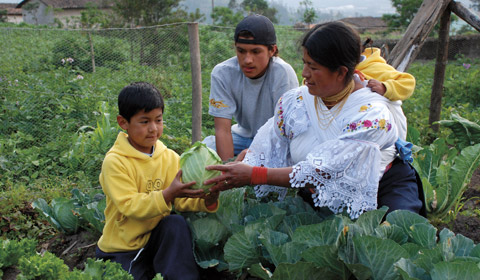
Food Production—Many poor families in the world struggle with obtaining enough food for their needs. The Church provides training and tools for improved home food production, nutrition training, and food storage and preparation techniques to help families become more self-reliant. Since 2002, almost 40,000 people have been helped.
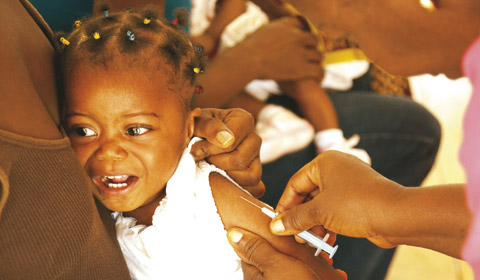
Immunizations—Every year, 1.7 million children die from vaccine-preventable diseases. The Church provides support to international immunization campaigns for measles, diarrhea, and pneumonia. Between 2003 and 2012, the Church supported campaigns that benefited over 100 million children and youth in 36 countries. Around 59,000 local volunteers donated over 750,000 hours to spread awareness of these campaigns. These efforts lead to regular, self-sustained immunization campaigns worldwide.

